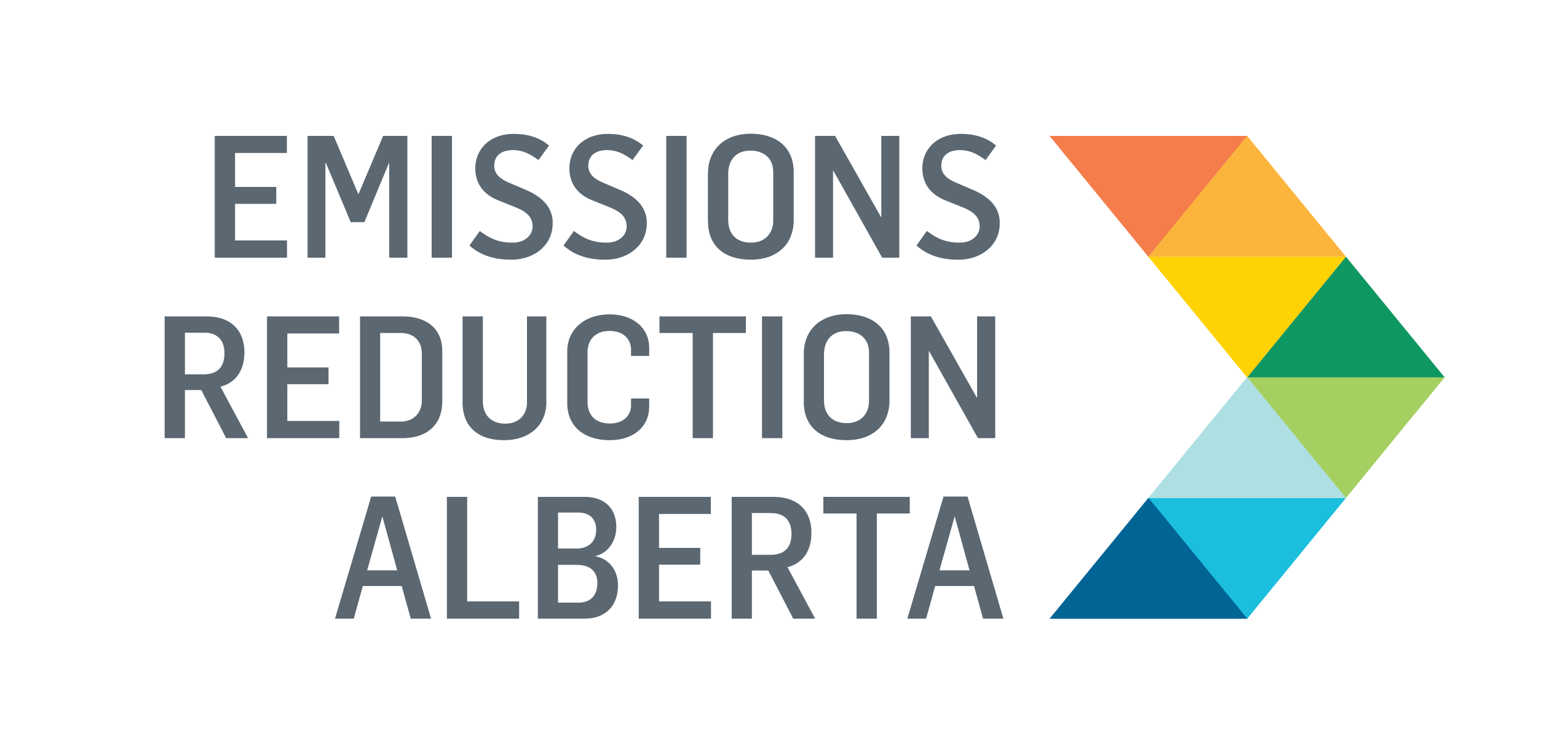Project Overview
Approved for funding in ERA’s Food, Farming, and Forestry Challenge in 2021, Steeper Energy demonstrated their Hydrofaction® technology for converting waste biomass into bio-crude. By completion in 2024, the project saw upgrades to the biocrude and evaluated the commercialization potential of the technology in Alberta.
Converting Waste Biomass into Biocrude
Steeper Energy developed Hydrofaction®, a proprietary version of hydrothermal liquefaction (HTL) that employs proven, catalytic, supercritical water chemistry to convert biomass waste streams into renewable and sustainable biocrude oil. This advanced bio-crude product can be further refined or co-processed into renewable drop-in fuels, compatible with all types of existing reciprocating and turbine engines and energy infrastructure. This innovation significantly reduces reliance on fossil fuels and utilizes waste biomass that would otherwise be burned, landfilled, or left to decompose. The project aimed to advance the cost-effectiveness and engineering required for the commercial viability of the Hydrofaction® process and biocrude upgrading technology. As well as evaluate the system operability using Alberta forestry residue as feedstock and optimize co-processing the produced oil with Alberta petroleum feedstocks. Steeper Energy aimed to seek pathways into the commercial fuels market, with the ultimate goal to advance the commercial project, the first 2000 bpd Hydrofaction® facility, in Alberta.
Project Showcased the Hydrofaction® Innovation
During the project the existing pilot and demonstration plants successfully produced biocrude from forestry residues. The biocrude quality was consistent, meeting specifications for refining or co-processing. The project conducted extensive testing on upgrading of the oil, addressing technical challenges. Advancements in co-processing and upgrading pathways enabled new market opportunities for the bio-oil such as marine fuel and diesel, and potential production of Sustainable Aviation Fuel (SAF). Using operational data from Steeper’s demonstration and pilot plants and Advance Biofuels Centre, the project analyzed cost and challenges of a full-scale plant. Suitable plant site locations and promising offtake partnerships were identified. Overall, the project successfully advanced the technical readiness and commercial viability of the Hydrofaction® technology.
What’s next?
Post project, Steeper will overcome the few remaining technical challenges and conduct necessary upgrading and refining tests before large engine testing can be done at large scale. The project identified and evaluated several potential upgrade and co-process partners and pathways, and established relationships with key stakeholders in the biofuels industry. The project success enabled Steeper Energy to pursue development of the world’s first commercial-scale Hydrofaction® facility in Alberta. Collaborating with Invest Alberta to realize development of the first-of-its-kind plant in the province, ultimately advancing the bioeconomy.
